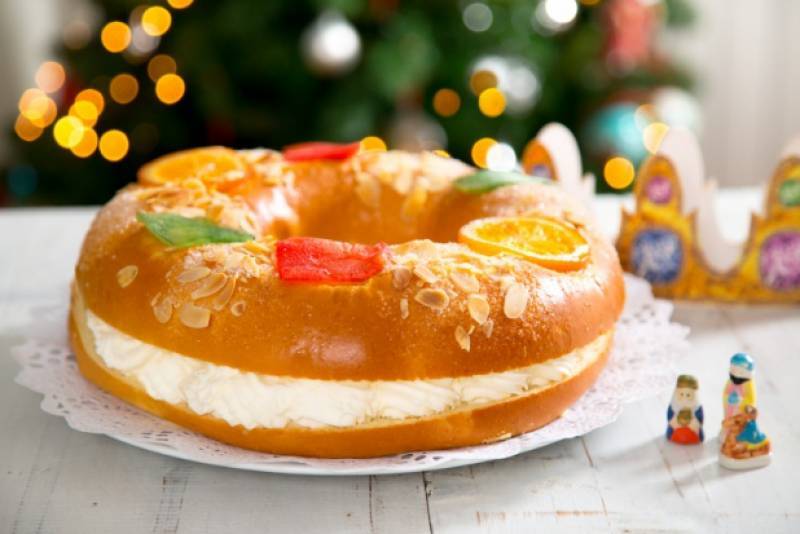article_detail
Date Published: 05/01/2023
ARCHIVED - Lidl, Aldi and Dia supermarkets fined for putting fake cream in their Christmas Roscon
The supermarkets and their manufacturer have been fined 36,000 euros for fraudulent advertising

The supermarket chains Lidl, Aldi and Dia have all been fined for marketing “Roscones de Reyes”, the traditional Spanish Christmas treat, which were presented as being filled with cream when in fact they contained a substitute.
According to a press release from Facua-Consumidores en Acción, the consumer rights watchdog which has reported this fraudulent practice to the authorities, the sanctions have been imposed by the Directorate General for Consumer Affairs of the Balearic Islands, which has fined the manufacturer Aserceli and Aldi 11,000 euros, while the Dia and Lidl supermarkets have been fined lower amounts of 8,800 and 5,500 euros, respectively, as they have recognised the infringements and proceeded to pay the fines within the time limits that the regulations provide for the reduction of fines.
The fines were imposed after the Directorate-General for Consumer Affairs found that the companies marketed their roscones “in a way that misleads the consumer by including the word ‘nata’ (cream in Spanish)” in the name, despite the fact that the fillings of their products were made from a mixture of vegetable fat and other substances.
Facua explained that it reported these three supermarket chains and Aserceli “in the framework of a campaign it carried out in January 2022 after detecting that they were indeed misleadingly using the term ‘nata’ in roscones”.
The consumer organisation continued, “Those of Aldi, Dia and Lidl did not even have cream, while Aserceli’s filling contained a small percentage of cream, but was basically a mixture of buttermilk – whey obtained in the production of butter – and a preparation of hydrogenated vegetable fats based on palm kernel and palm.”
Ordinarily, manufacturers and retailers who sell Roscón de Reyes desserts that do not meet the requirements to be advertised as cream-filled simply use the expression ‘Roscón de Reyes’ in their name without explaining what the filling is.
Others resort to using the expression ‘Sabor Nata’ (Cream Flavour). In these cases, the main ingredients are usually water and vegetable fats. However, certain establishments fraudulently state on the signs advertising these roscones that they are filled with cream, when in fact they do not contain cream or only a small percentage of the filling. Thus, they misleadingly use signs with expressions such as “nata”, “de nata” or “con nata”.
Article 5 of Spanish Law 3/1991 of 10 January 1991 on Unfair Competition defines misleading advertising as “any conduct containing false information or information which, although truthful, by its content or presentation misleads or is likely to mislead the recipients and is likely to alter their economic behaviour”.
Similarly, Article 22 of Regulation (EU) 1169/2011 establishes that the quantity of an ingredient in the preparation or manufacture of a food must be indicated when it “appears in the name of the food or is normally associated by the consumer with that name”, “is prominent on the labelling by means of words, pictures or graphics” or “is essential to define a food and to distinguish it from foods which could be confused on account of their name or appearance”.
Image: Archive
Loading
Sign up for the Spanish News Today Editors Roundup Weekly Bulletin and get an email with all the week’s news straight to your inbox
Special offer: Subscribe now for 25% off (36.95 euros for 48 Bulletins)
OR
you can sign up to our FREE weekly roundup!
Read some of our recent bulletins:
Discount Special Offer subscription:
36.95€ for 48 Editor’s Weekly News Roundup bulletins!
Please CLICK THE BUTTON to subscribe.
(List price 3 months 12 Bulletins)
Read more stories from around Spain:
Contact Spanish News Today: Editorial 966 260 896 /
Office 968 018 268






























